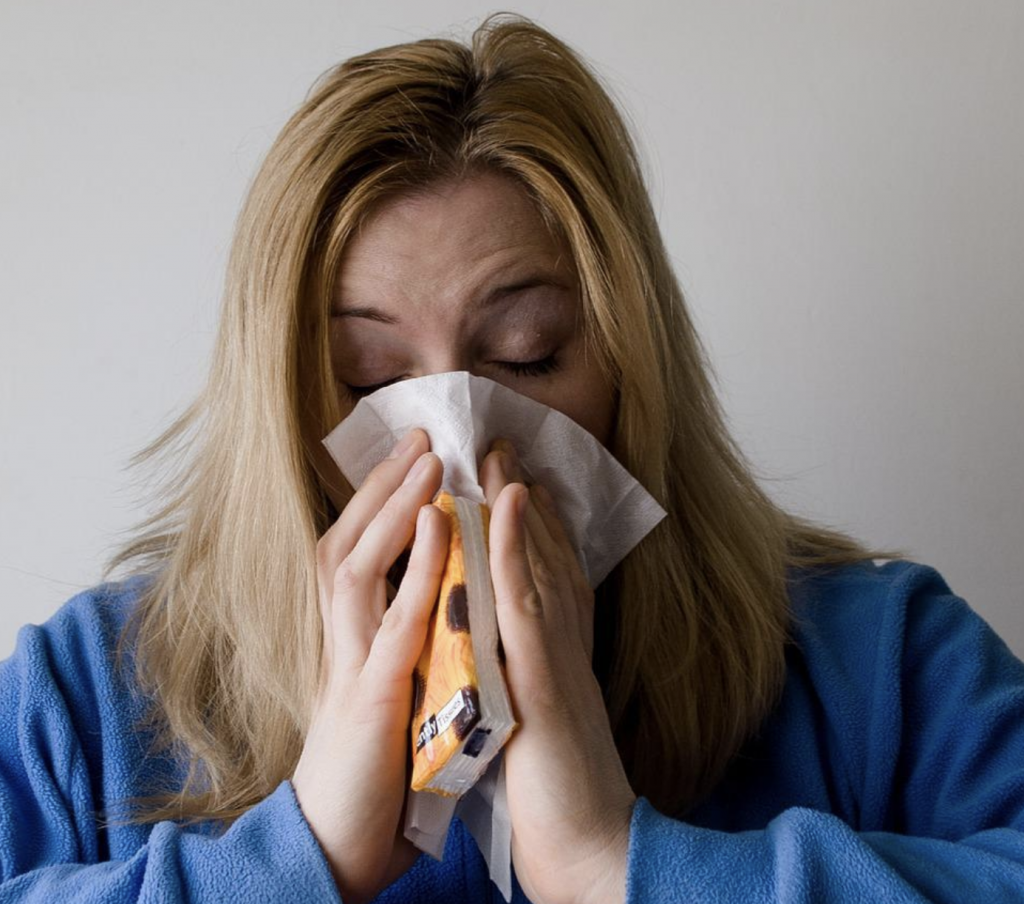Companies Permanently Doing Away With Sick Days?
Sick days may be disappearing thanks to the rise of remote work.
This article is more than 2 years old

It goes without saying that sick days serve an inherently important purpose. Sick days allow an individual the flexibility to take time off from work on days when their health matters most. The thing is, for many, sick days may slowly be going away. Why? The simple answer is remote work. The BBC detailed that as remote work takes more and more a viable stronghold in society that companies are increasingly expecting employees to work even on days that they are out sick.
This phenomenon of people still working while they are sick is nothing new. Countless individuals have gone to work sick for fear of either falling behind or receiving backlash from their superiors. This largely can be attributed to the work culture in the United States. However, remote work could be further exacerbating an already percolating problem. A poll conducted by researchers at Beamery revealed that a staggering 65% of respondents felt that the option to work from home presented added pressures to continue working even when they are under the weather and need to rest.
While many companies have not officially done away with sick days, and likely won’t, it doesn’t mean that sick days, in the traditional sense, are not at risk of covertly disappearing. Brittany Lambert, who works as an assistant professor of management and entrepreneurship at the Kelley School of Business, pointed out that the rapid adoption of an interconnected remote work model has facilitated fundamental changes to occur to the “…boundaries, rules and structures which governed the way we thought about our work.”
Greg Couser, an occupational medicine physician at the Mayo Clinic, put it another way. Couser noted that “..it seems like expectations in the workplace have changed, and I guess ground rules haven’t really been established yet.” Simply stated, sick days still exist but everything changed so fast that expectations regarding sick days have yet to be revised.
Sick days disappearing on the down-low is problematic for a whole host of reasons. First, if a person continues to push themselves to work on days when their body is screaming at them to rest, it could serve to ultimately take them longer to recover Also, when an individual is not feeling their best they aren’t going to perform their best. Hence, working when sick could potentially affect an individual’s overall quality of work. Ultimately, a lack of sick days could put many people at an increased risk of depression. All of these issues prove unfavorable to both the employee and the employer.
So what is the solution? Employers and employees alike have to take action. If the pandemic taught employees anything it is that they have a voice and that they don’t have to be subject to working conditions that put their health at risk just because it suits their employer’s bottom line. Hence, employees should engage in conversation regarding their feelings towards sick days.
By that same token, employers should reevaluate their current policies regarding sick days and make a concerted effort to outline realistic expectations in relation to them. Those exceptions should then be explicitly relayed to employees. Lambert highlighted that job culture in the United States is reaching a crucial precipice in terms of remote work and now is the time to work out the kinks before that precipice is crossed.








